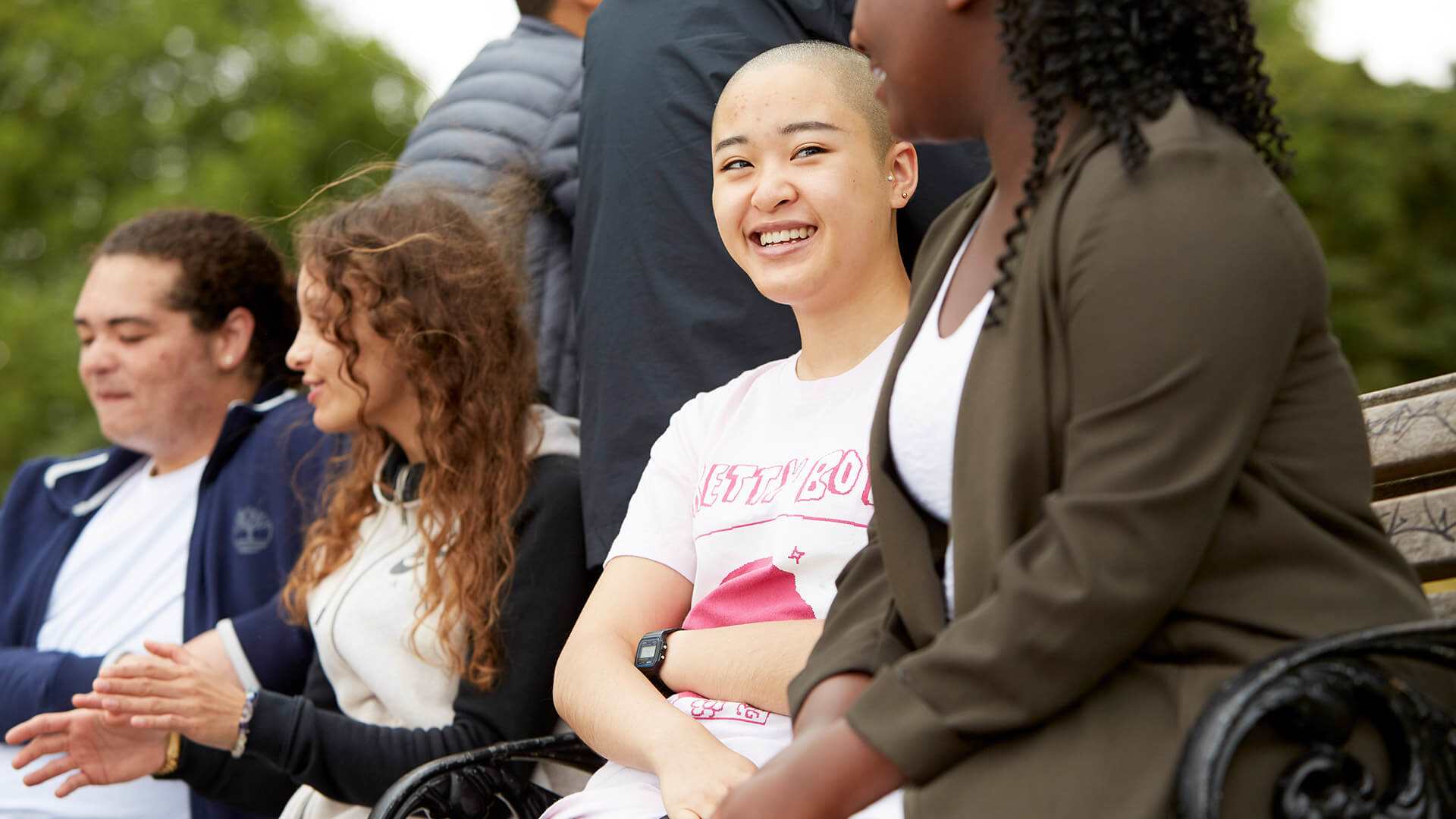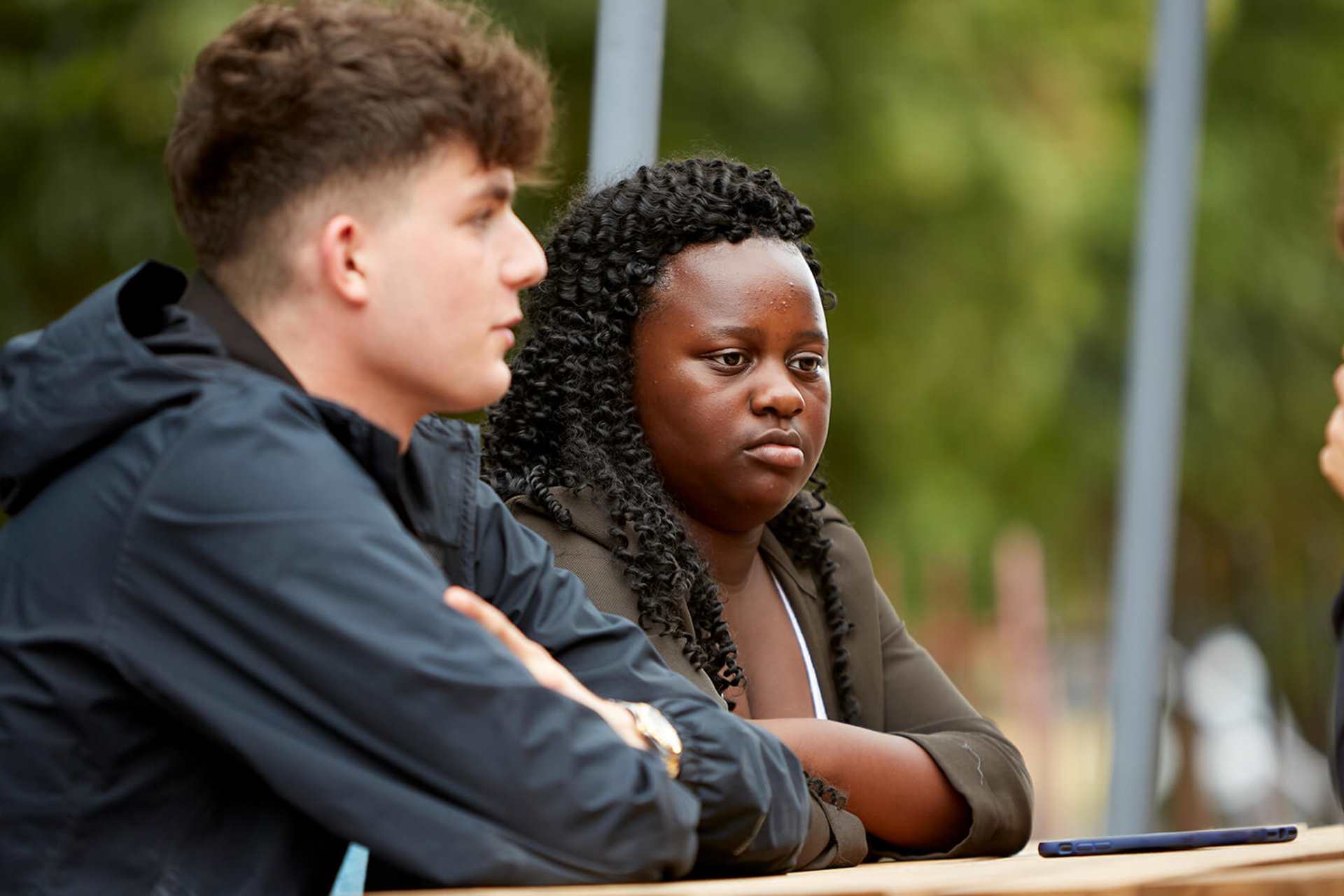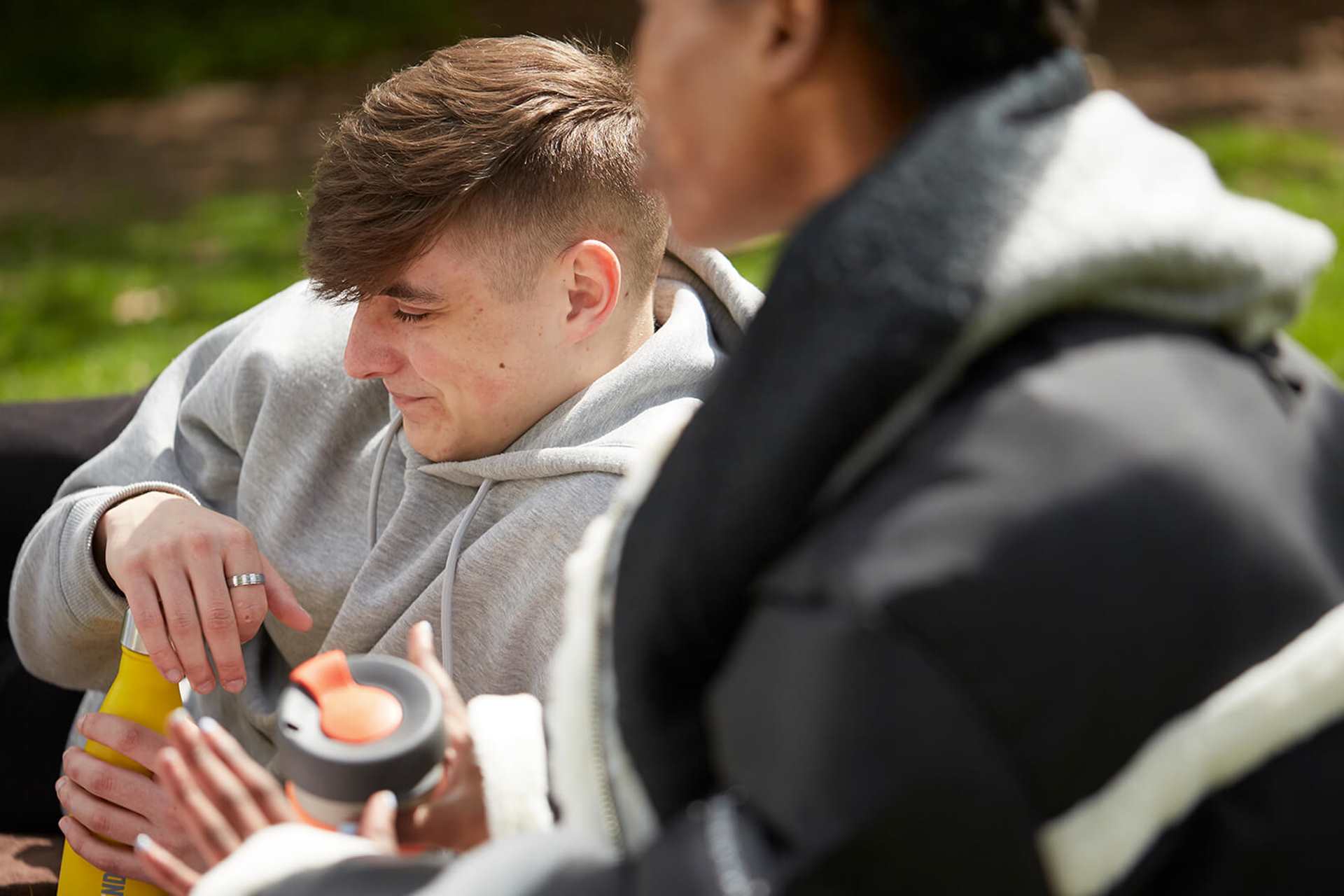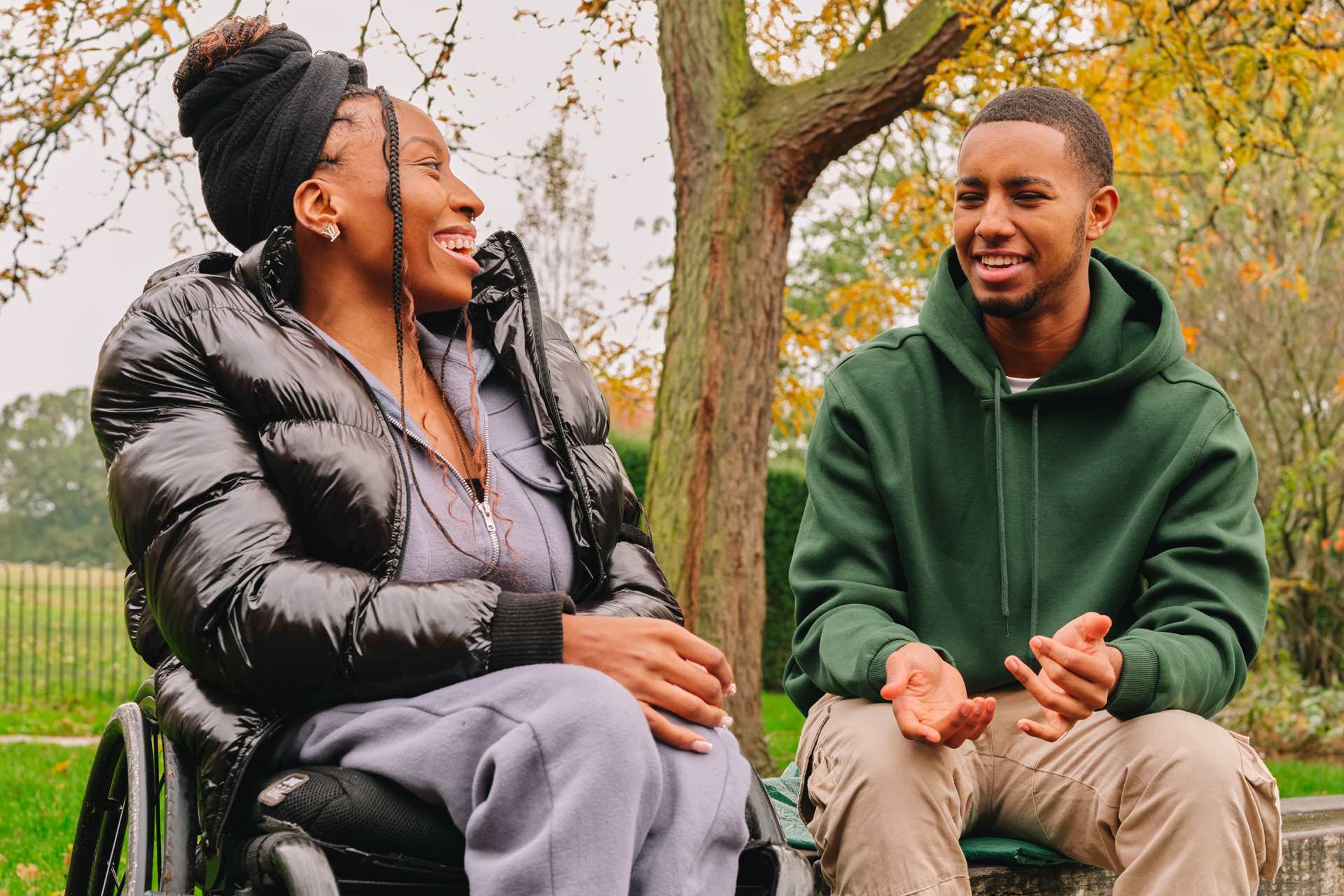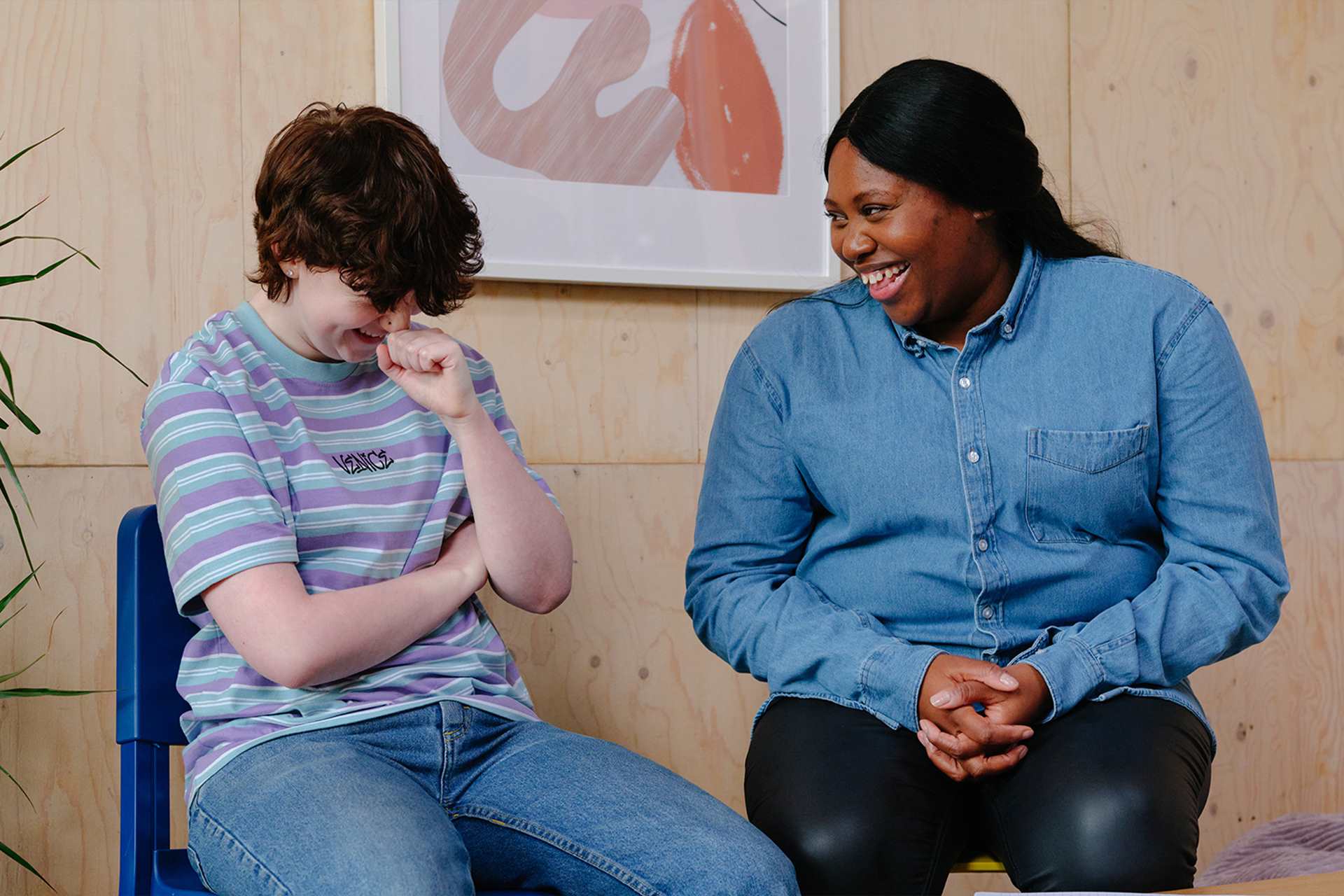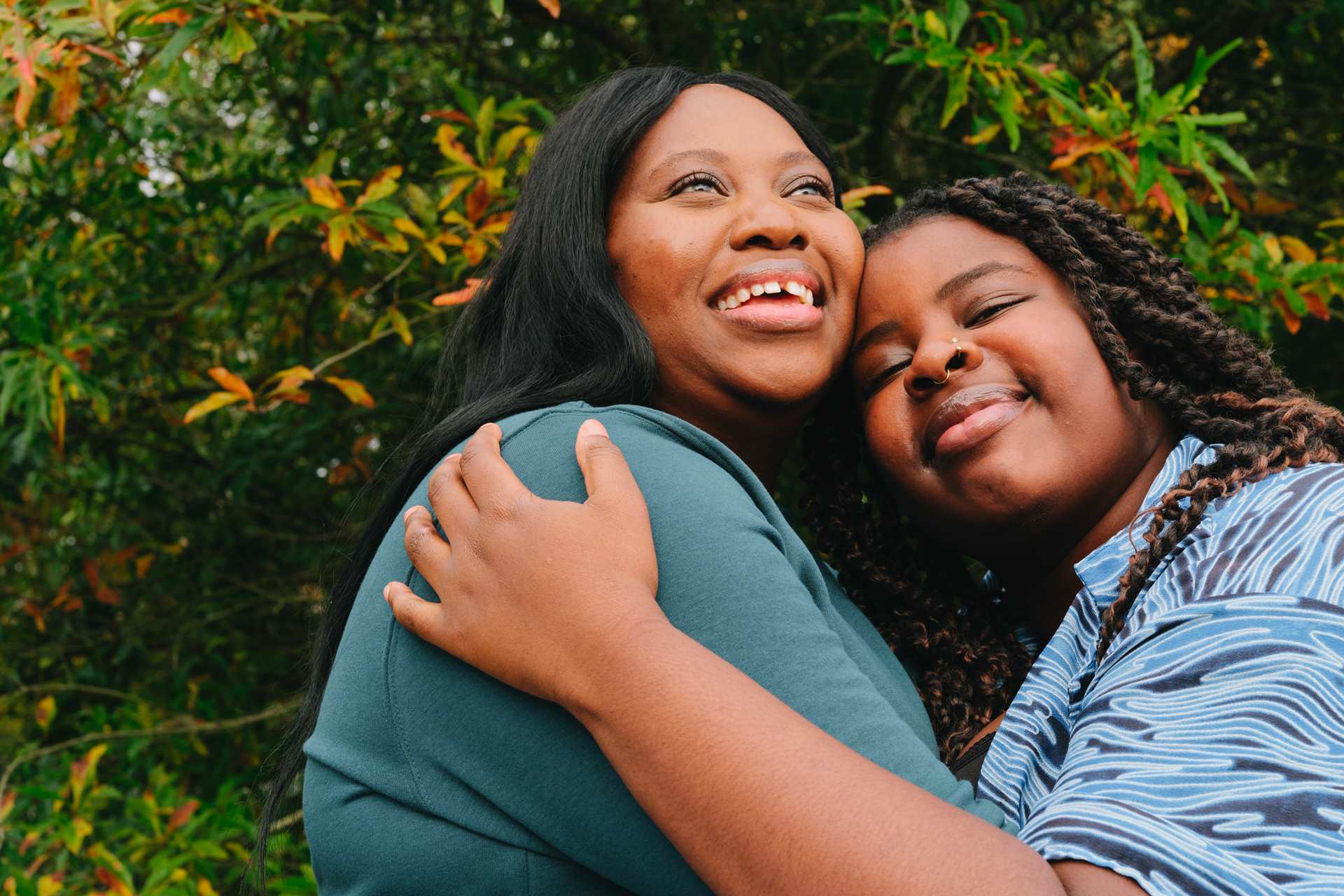How to decide if a medication is right for you
Each time you're prescribed a new medication, you and your doctor won't know how well it's going to work for you until you've been taking it for a while. It's also difficult to predict if you'll suffer from any side effects. You might need to try a few medications and different dosages before you find one that's right for you. Here are some questions to help you figure this out.
-
Does it work for you?
Not all medications work the same for every person. Think about whether yours makes you feel better or not.
-
How much time does it take to start working?
Lots of medications take some time to start working, and longer to have their full effects. Think about how this might impact your mental health and other things going on in your life.
-
What are the side effects?
All medications have side effects, but not everyone experiences them. And everyone is affected differently. Side effects could be similar to your illness or completely different. They can also improve or go away over time.
What if I choose not to take a medication?
Most of the time, you get to choose whether or not to take a medication. But sometimes, if there’s a serious risk of harm to yourself or others, you might not have a choice. In these cases, the medicine might be given to you without your consent to keep you and everyone safe.
If you're worried about the medication you've been prescribed, talk to your doctor, mental health team, or a trusted adult about it. You could also ask that person to go with you to appointments for support.
It's best if you and your mental health team agree to give the medication a try to see if it helps. And getting a parent or carer to support you with the treatment plan usually means you'll have a better chance of the medication working.
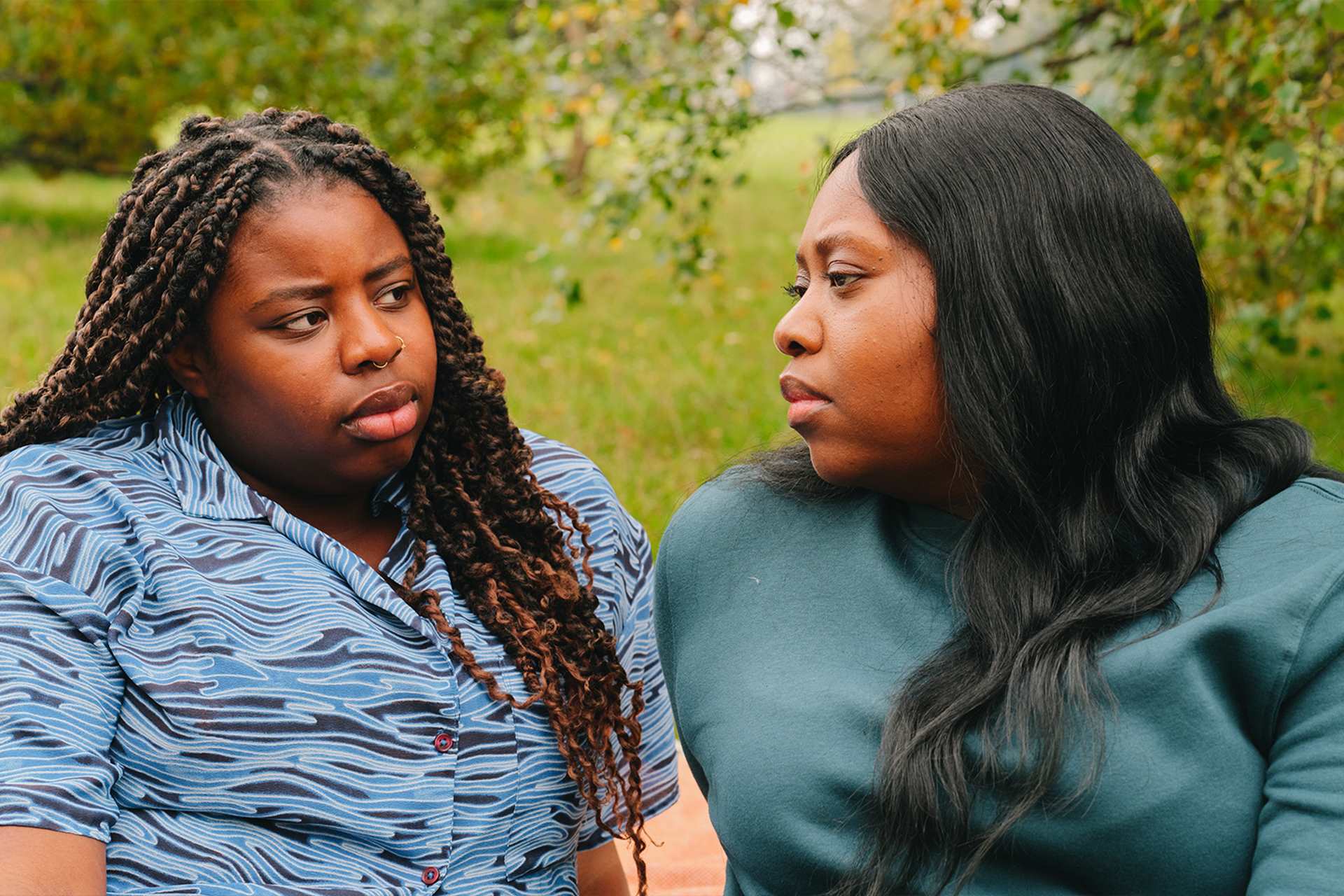
Real stories about medication
More information and advice
Get more advice on taking medication, or browse our A-Z of medications.
Whether you love the page or think something is missing, we appreciate your feedback. It all helps us to support more young people with their mental health.
Please be aware that this form isn’t a mental health support service. If you are in crisis right now and want to talk to someone urgently, find out who to contact on our urgent help page.
At YoungMinds we take your privacy seriously. If you’d like to read more about how we keep the information we collect safe, take a look at our privacy policy.
